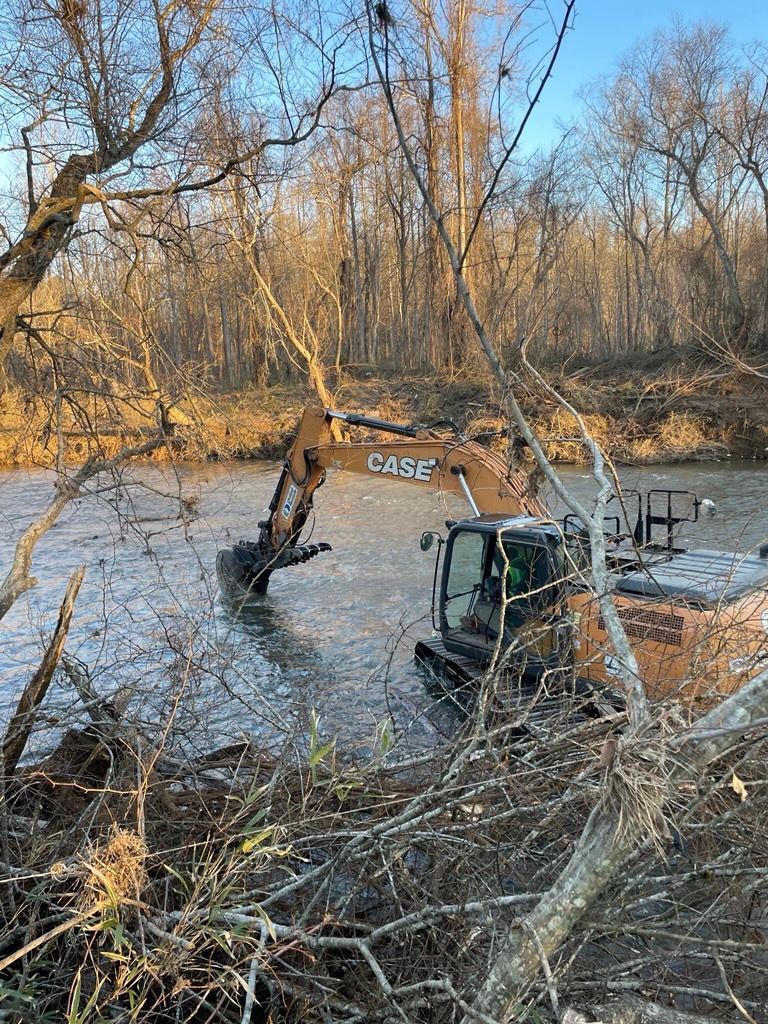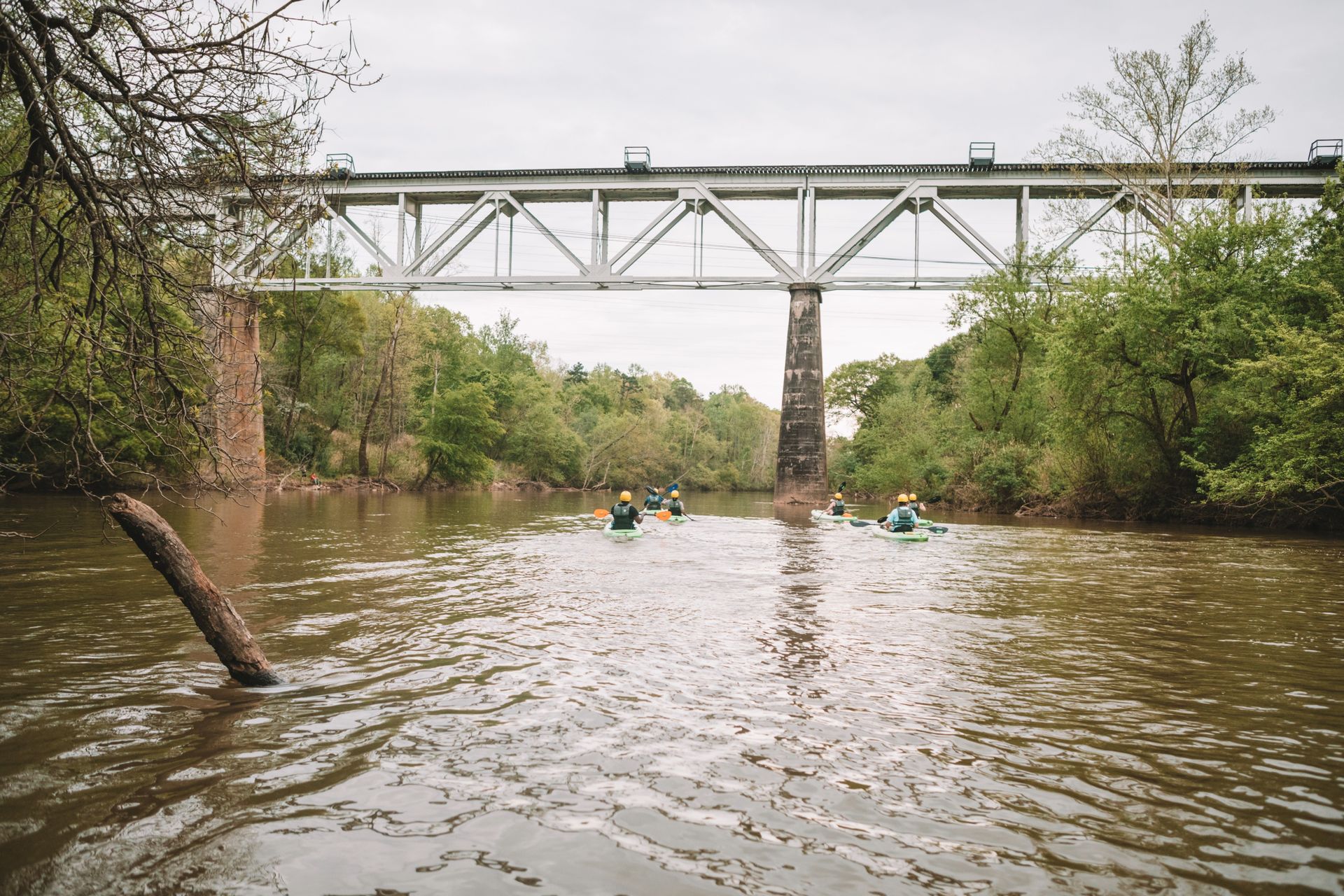Comments on Charlotte Water's Interbasin Transfer Request
Sustainable Solutions: Water Conservation, Mitigation, & Assessing Impacts on Endangered Species

Catawba Riverkeeper works to preserve, protect, and restore the Catawba-Wateree watershed for all. We are currently working with over 6,000 active members who are concerned about the proposed expansion of Charlotte Water’s Interbasin Transfer (IBT) and the similar future requests from municipalities across the basin.
Twenty-three years ago, the first Catawba Riverkeeper, Donna Lisenby, spoke in a similar forum as Charlotte requested to expand its legacy IBT of 16.9 to the current 33 million gallons per day (MGD). She also spoke out during the 2006 IBT request of Concord and Kannapolis. In 2010, our organization advocated during the South Carolina vs. North Carolina Supreme Court case. Eleven years ago, we commented on the proposed amendment to Charlotte Water’s permit. It is my lofty goal to be the last Catawba Riverkeeper who must address this challenge.
Our position is this: it is irresponsible and not sustainable to simply allocate more Catawba River water to other basins. While we have an abundance most years, it is a finite resource in a rapidly developing area that must not be over allocated. We are advocating that Charlotte Water take this opportunity to lead the region into the next phase of water conservation and mitigation. We need a new system that better captures the value of our surface waters for current and future generations. While we are still meeting with experts and stakeholders to develop our full recommendations for the August 30th deadline, there are many ways to decrease the demand for transfers and increase the available supply.
The alternatives analysis should include requiring and incentivizing water conservation, such as high efficiency fixtures, greywater systems, and non-potable reuse. A condition of Charlotte Water’s 2002 IBT was the formation of a stakeholder group that created a Post Construction Stormwater Ordinance. A similar group could be created to develop effective water conservation measures.
While it might not be feasible (or desirable) to create a new reservoir on the Rocky River, Charlotte Water could offset their use through mitigation. One solution is to establish a fund that all future IBT’s would pay into. This could be used for funding source water protection, groundwater recharge, loss prevention, restoration, etc. Such a fund already exists in the Catawba Wateree Management Group.
Finally, we recommend reassessing the impacts to the federally endangered Carolina Heelsplitter. Many of the recommendations from federal and state biologists were not adopted during the last permit and should be reconsidered with the latest decade of data.
As demand for water continues to grow in the Charlotte region, we are looking forward to being part of a sustainable solution.








